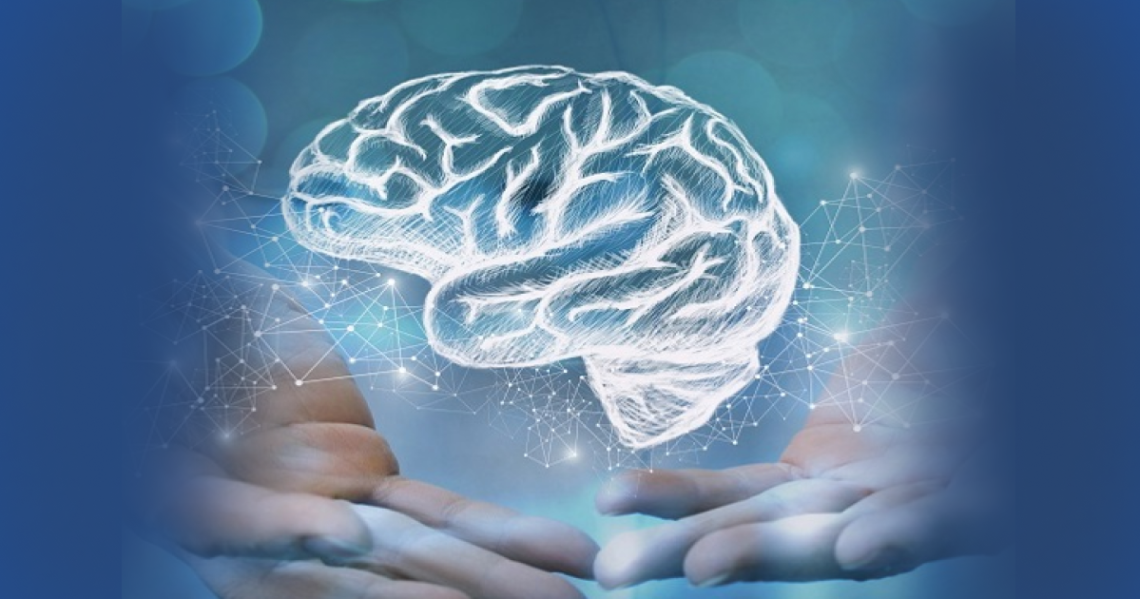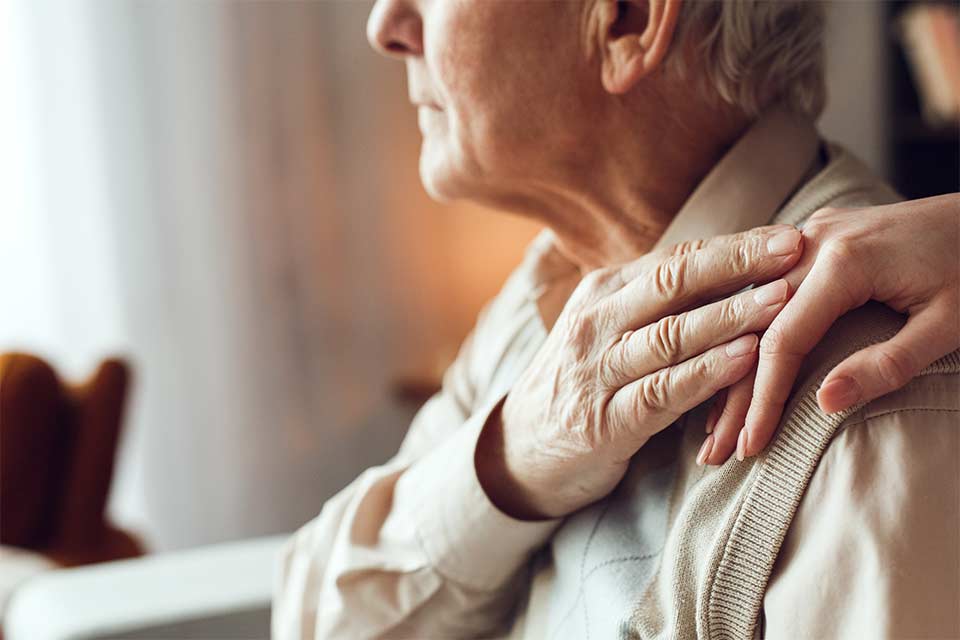Parkinson's Disease
-
How To Nurture Your Well-Being While Supporting Others As A Caregiver
Photo via Pexels As a caregiver, your role is undeniably crucial, often leading you to prioritize the well-being of another above your own. However, maintaining your health and wellness is not just a benefit to you but also enhances the quality of care you provide. This article, courtesy of The Purple Vine, explores practical strategies to help you manage your responsibilities while ensuring your well-being remains a priority. Set Boundaries One of the most effective strategies you can employ is establishing clear boundaries between your caregiving duties and personal life. It's vital to define when your role as a caregiver pauses, and your own life resumes. This might mean…
-
Taking Care of Your Brain Health 💡🧠
Taking care of your brain health is just as crucial as maintaining physical wellness. By incorporating a few simple habits into your daily routine, you can keep your mind sharp, enhance cognitive function, and protect against cognitive decline. Essential Tips for Optimal Brain Health: Eat a Brain-Boosting Diet : Incorporate a balanced diet rich in fruits, vegetables, whole grains, and lean proteins. Foods high in Omega-3 fatty acids, like salmon, are particularly beneficial for cognitive function and brain health. Stay Physically Active : Engage in regular physical activity to increase blood flow to the brain and support neuron health. Aim for at least 30 minutes of exercise most days to…
-
Progress Over Perfection
When did I get so tired? When was the last time I slept through the night? Do I even remember what it feels like to be rested? At this point, soaking in a hot tub for 15 minutes would feel like a mini vacation! I know I need help. There has to be a better way. Earlier today, I took both Mom and my mother-in-law, Jean, to their doctor’s appointments. As best friends, they enjoy spending time together, so I scheduled their checkups with the same physician to save time and reduce confusion. Mom is living with vascular dementia, and Jean is battling Alzheimer’s. Neither of them likes going to…
-
The Diagnosis isn’t the End
A dementia diagnosis can be devastating, but it doesn’t mean the end of your loved one’s life or memories. While dementia gradually affects memory, reasoning, and daily activities, it’s important to remember that the progression is often slow and varies from person to person. My handsome son and my mom. Dementia encompasses over 100 conditions, including: : Alzheimer's Frontotemporal Dementia Vascular Dementia Parkinson's Lewy Body Dementia Multi-Infarct Dementia Huntington's Disease Creutzfeldt-Jakob Disease Alcohol-related Dementia Down Syndrome with Alzheimer's HIV Associated Dementia Childhood Dementia They all impact reasoning, memory & activities of daily life, but there are different symptoms associated with each different disease. Most are a slow (albeit progressive) decline.…
-
The Dr. Said ‘Dementia’: Essential Next Steps for Patients and Caregivers
Hearing the word "dementia" from your doctor can be overwhelming. Your mind races with questions: Is there a cure? How will this affect our lives? What can be done to slow it down? It's natural to feel lost with so many unanswered questions, but you're not alone. Understanding Dementia First, know that dementia is a broad term that encompasses various diseases, including Alzheimer's, Dementia, Parkinson's and more. While there is currently no cure for most types, understanding your specific diagnosis can help you and your loved ones prepare for the journey ahead. Let me help first with some basics. Dementia is terminal in all forms except one, which is termed…
-
A Fun and Insightful Interview with Betsy Wurzel on Chatting with Betsy
Betsy Wurzel Chatting with Betsy on Passionate World Talk Radio A Fun Interview with Betsy Wurzel on Passionate World Talk Radio Interviews can be nerve-wracking, especially when they’re live on the radio. However, my recent interview with Betsy Wurzel on her show, Chatting with Betsy on Passionate World Talk Radio, was a completely different experience—fun, engaging, and incredibly rewarding. Connecting Through Caregiving Betsy and I immediately bonded over our shared experiences as caregivers and our Christian faith. Betsy has been in the caregiving trenches just like me, and her passion for helping others shines through every episode. Her show reaches audiences in 174 countries, making it a fantastic resource for…
-
Debunking Myths About Parkinson’s Disease: What You Need to Know
When my dad was diagnosed with Parkinson's disease, I realized how little I knew about it beyond the famous "Parkinson's shake." Navigating this journey was challenging, and I didn’t handle everything perfectly—there’s always more to learn. To help others, I've put together some Myth Busters about Parkinson's disease. Myth #1: Since Dad had Parkinson's, I'll get it too. False. Parkinson's disease is not typically hereditary. While certain environmental factors, like exposure to pesticides or heavy metals and repeated head injuries, can increase the risk, it doesn’t mean you’ll automatically develop Parkinson’s just because a family member has it. Myth #2: Tremors are the only symptom. False. Parkinson’s disease isn’t just…
-
10 Reasons Why Adult Coloring is Great for Caregivers – Free Printable Pages!
Did you wake up one morning and think, "I want to be a caregiver because that sounds like fun!"? Yeah, I didn’t think so. Most of us became caregivers because our loved ones needed help—not necessarily because we wanted to. If your situation is different, I’d love to hear about it! Regardless of the reason, here we are, caring for another human being. We’re all doing the best we can in a role that few of us feel prepared for. Raising kids is challenging enough, but caregiving for a spouse or parent? That’s a whole different story! Can I get an "Amen!"? Finding a Relaxing Outlet: Adult Coloring Books May…
-
12 Simple Activities for Seniors with Dementia: Affordable Ways to Engage and Connect
Research has shown that providing activities during the day will cause less need for a long nap and better nighttime sleep.
-
10 Ways to Reduce Caregiver Stress: Free Guide & Tips for a Balanced Life
Are you older and get your exercise by hunting for your cell phone and car keys? There’s likely no reason to be concerned. Senior moments, as they’ve been dubbed, happen to all of us. If those moments expand to the point of disrupting normal life, then there may be cause to see a physician. “Memory loss that disrupts daily life is not a typical part of aging,” says Beth Kallmyer, Alzheimer’s Association Vice President of care and support. “It may be a symptom of a form of dementia such as Alzheimer’s.” Dementia Dementia is an umbrella term for a variety of brain conditions that impair memory, reasoning, and thinking. Under…




